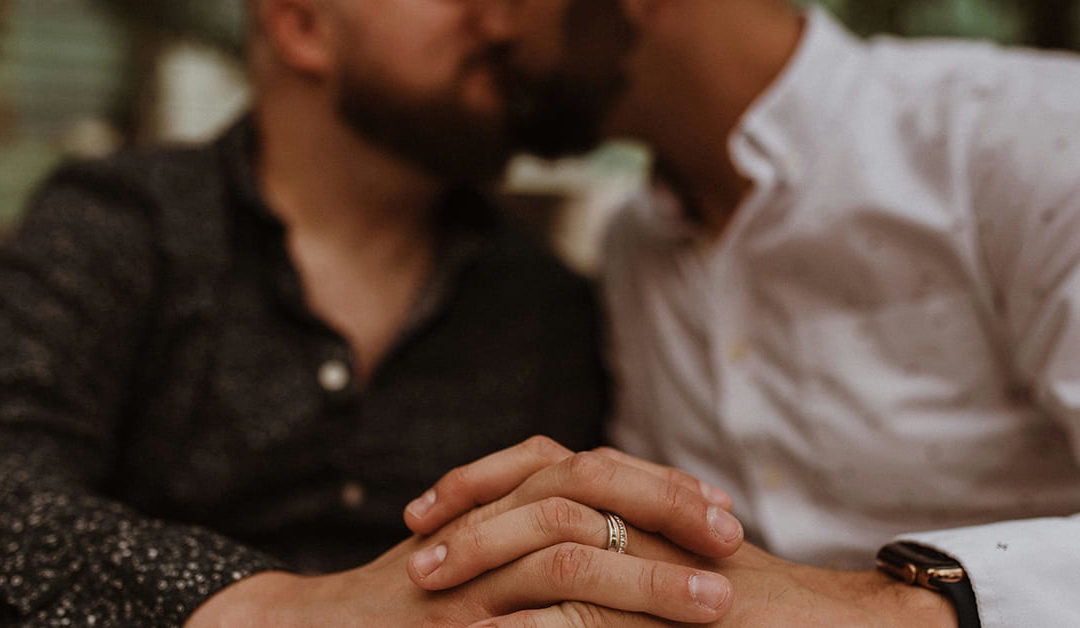Harriet and Steve sat in my consultation room one sunny morning in July. I listened to Harriet, as her tears fell, recalling the previous four months since the loss of their baby.
Steve sat silently, holding her hand. This lovely couple was struggling, each in their own way, at dealing with a miscarriage. Even the strongest relationship can experience huge challenges following such a loss.
Grief Expressed Differently
When Steve spoke, he mentioned that he just wanted his wife back. He was feeling angry and isolated, as she no longer wanted to discuss her feelings with him and was very withdrawn when it came to sexual intimacy.
Harriet said that while this loss was the only thing constantly on her mind, she just felt that Steve wasn’t able to hear about her pain. He kept telling her to focus on the future. She had spent every day thinking and dreaming of the little life growing inside her. The excitement mounted when she had her first scan and heard their baby’s heartbeat. That future was the reality that occupied her daily thoughts. The dreams were shattered the day that she was informed their baby had died in utero.
It was clear that this couple had different ways of grieving. While Harriet was feeling that life was far from normal, Steve was wondering why it was taking her so long to move on.
She was caught up in the obsessive cycle of thoughts about the baby she was longing for. The anxiety and tension had become a barrier between them, but it was also the catalyst for change.
Research has shown that when couples are not able to talk, they shutdown and get trapped in a downward spiral. This couple wisely sought help so they could grow closer and not get stuck.
Grief can tear you apart or bring you closer
Your partner is the one person you may feel safest with to discuss your feelings. If one of the partners feels judged or is not allowed to express their feelings, it can lead to shutdown.
A miscarriage is similar to other forms of bereavement and in some ways it’s also different. If your partner loses a parent or friend, you are able to be the supportive partner. When you lose a baby, you are both in a place of loss. You may have different needs and you may express your grief in your own way – it’s not right, it’s not wrong, but it’s often a cause for concern for your significant other and can become contentious.
How can you support one another after a miscarriage?
- Couple feel closer when they are able to talk, listen and really hear one another. While this is vital to the strength of your relationship, it is important to get support from family, friends, colleagues and/or a bereavement specialist. Do not use your partner as the only form of support.
- Identify what you most need and want from your partner and gently ask them for this. It may be that you need a hug, a distraction or break from the normal daily routine. Perhaps it is the understanding that your grief may take more time than that of your partner.
Create time to speak about how you feel, using “I” language. Talk about what you are feeling and going through. While speaking about how you feel is important to keep the communication flowing – speaking about it all the time will lead to disconnection.
Keep these four destructors out of your relationship:
- Criticism
- Blame
- Defensiveness
- Shut-down or passive aggressive behaviour
- Accept that you will be triggered by life in general and specific situations involving babies, pregnancy and the occasions or celebrations around them. A close friend of mine was unable to accept any invitations to baby showers after her miscarriage. Feelings of jealousy and sadness consumed her until she eventually conceived again. Feelings of loss and sadness may be amplified as birth date approaches.
- It might also help to speak to other parents who’ve experienced the pain of miscarriage. There are many groups, sites and forums where you can connect to them.
- Grow in love and work on your relationship. This is a good time to discover more about one another in relationship to loss. Ask your partner how loss was dealt with in his family? Tell him how your family handled loss.
- If you feel like a barrier has come between the two of you, consult a relationship specialist who can facilitate the process of building the bond of safety, trust and love.
A miscarriage will define and refine your relationship, but most importantly, you have the power and the choice to let it influence your life in a positive and supportive way.
Wishing you meaningful connection
Love



